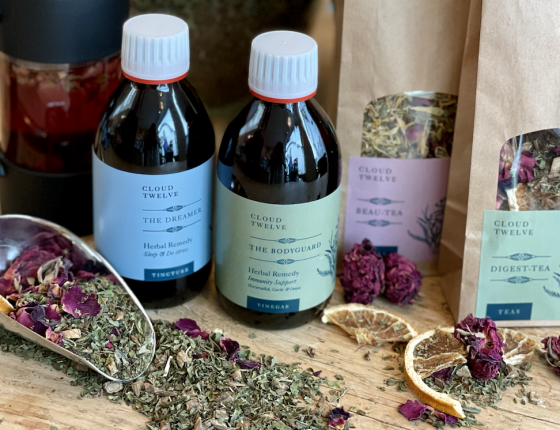
Herbs for respiratory system that can grow in your garden
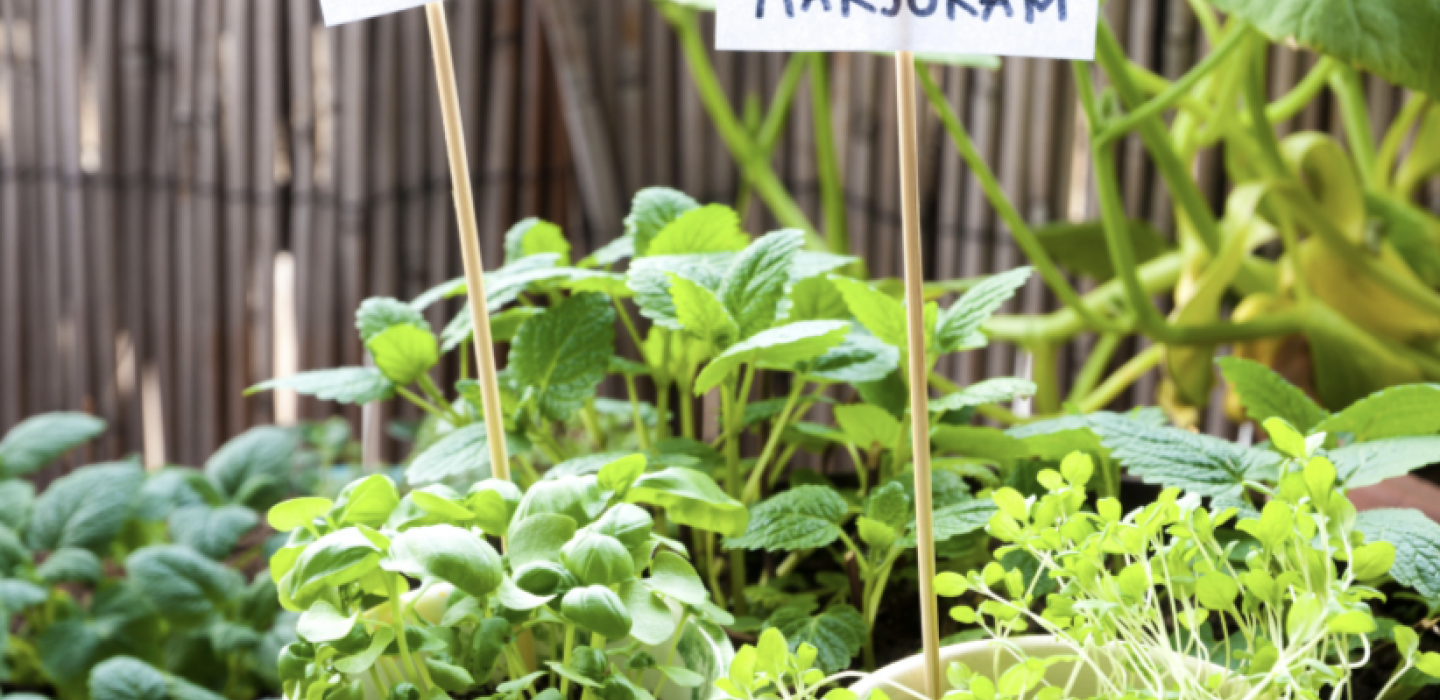
Herbs for respiratory system that can grow in your garden
What is your favourite remedy for respiratory conditions? Thyme, licorice, sage, mullein, plantain or echinacea? Do you know that many of these herbs can be easily grown in your garden, a windowsill or found in forests and parks right under your feet?
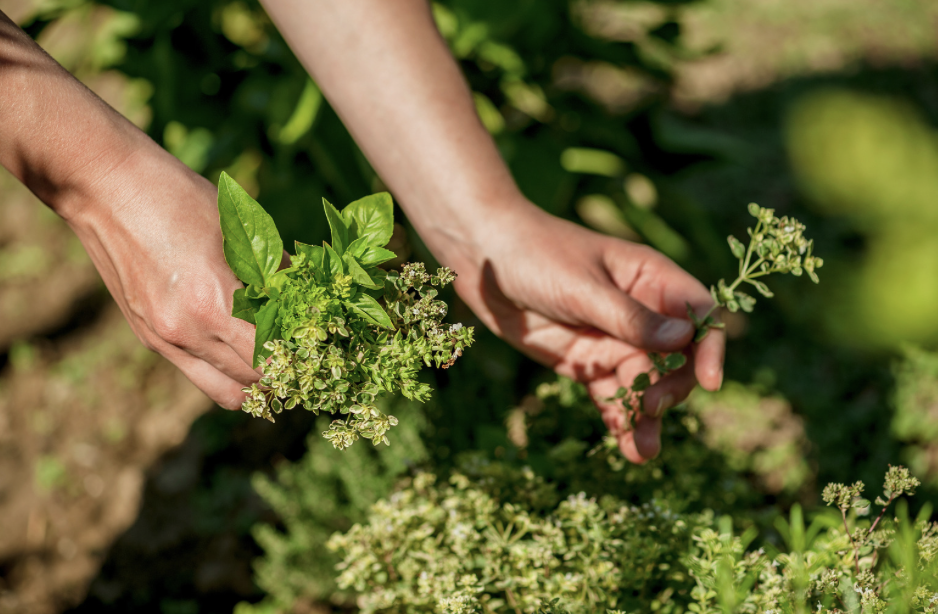
What are the best herbs for respiratory system?
Herbs that can grow on your windowsill
The easiest ones to cultivate are aromatic herbs that can be grown in a pot on a windowsill – rosemary, thyme, oregano and sage. All aromatic herbs contain volatile oils, which have anti-microbial and immune boosting properties. More specifically, rosemary, thyme, oregano and sage are my go-to for wet cough, excess mucus, sore throats, fevers and chest infections. Simply make an infusion of fresh or dry leaves, by adding approximately one tablespoon of herbs per pot of hot water and steeping for 10 minutes or longer.
Greater or broadleaf plantain
Plantain is one of the most widespread weeds, which grows all over the UK in meadows and pastures, on roadsides and riverbanks, in lawns and on walls. It has green, oval to egg-shaped leaves that grow in a rosette. Plantain is one of the most popular herbs for the respiratory system and has been traditionally used for bronchial congestion, tonsillitis, sinusitis and allergies such as hay fever or asthma. Additionally, mucilage in plantain helps protect mucosal lining from irritation and relieves spasms making it a popular remedy for dry coughs. Leaf is one of the main medicinal parts that can be added into salads or teas.
Mullein
Mullein is a soft velvet-like biennial that can grow very tall. The pole-like stem ends at a dense spike of beautiful yellow flowers. It is a common wild edible plant, with leaves, flowers and roots – all having medicinal properties. Mullein has been traditionally used for whooping cough, TB and pleurisy. It soothes harsh dry coughs, sore throats and inflammatory conditions such as bronchitis and pharyngitis. Best taken as an infusion, in a tincture or as syrup.
Echinacea
Echinacea is a popular plant in the UK gardens with its bright purple flowers and a prickly seed cone. It is a hardy perennial that survives very cold winters. Echinacea, is native to North America and is best known for its effectiveness to combat colds, flu and many other bacterial, viral and fungal infections. It’s a great alternative to antibiotics especially for those who have developed resistance to them. Differently to antibiotics, Echinacea does not blindly attack bacteria, it increases activity of white blood cells in the body, which then differentiate between beneficial flora and pathogen, only attacking the latter. Roots of Echinacea have the highest concentration of medicinal phytochemicals, however flowers and leaves can also be used.
Licorice
Licorice is native to southeastern Europe and southwestern Asia. With its violet or pale blue flowers and ferny foliage it makes an attractive plant. A riverbank plant by nature, licorice likes plenty of water and sunshine. Licorice is an adaptogen, which has been considered a principle drug among all drugs in ancient China. Nowadays it is best known for its anti-inflammatory, immune and energy boosting properties. It also has an affinity for the respiratory system providing relief from dry coughs, sore throats, chest infections, asthma and hay fever. Herbalists use primarily roots, which can be made into a powder and used to make gummies, candies or syrups. Licorice roots can also be boiled for 10 minutes to make a decoction and taken as a tea. Harvest the thickest horizontal roots but leave the deep taproot and thinner horizontal roots to grow on.
Kitchen herbs
Finally, do not forget about your kitchen herbs that are amazing for the respiratory system – garlic, onion, horseradish and ginger. They are anti-inflammatory, help improve circulation, thin mucus, decongest respiratory pathways, and break fevers. My favourite preparation is medicinal vinegar which can be made by soaking grated herbs for 4 weeks in raw apple cider vinegar. DM Jenya for the recipe (link below)!
Why are herbs so special? They absorb vital nutrients from the soil in order to survive and thrive and this is what they do to our bodies. Their phytochemicals are recognised by our body as food, which makes them easily metabolised and therefore very effective with low risk of side effects.
Once you start to use plants as medicine and feel their regenerative power, you will begin to live your life with long-lasting energy, balance and vitality, as well as much needed natural protection against pathogens. Don’t miss this magical medicine, which is everywhere right under our feet.
Herbalists use active ingredients of leaves, flowers, bark, berries, roots or seeds of medicinal plants as their therapeutic tools. Preparations usually take form of powders, teas, decoctions, syrups, creams, macerated oils and tinctures, and most contain several ingredients, all carefully tailored to individual needs. Tinctures are concentrated extracts of herbs made with a mixture of water and alcohol, they tend to be the fastest acting as alcohol is easily absorbed and some of it can enter directly our bloodstream if placed under the tongue. Additionally, alcohol increases shelf life of a herbal preparation. You only need to take a small amount of 5ml at a time, and can also dilute it in hot water to let alcohol evaporate if needed.
Book Naturopathic Programme Consultation
--------------------------------------------------------------------------


Bio-Hacking for Menopause
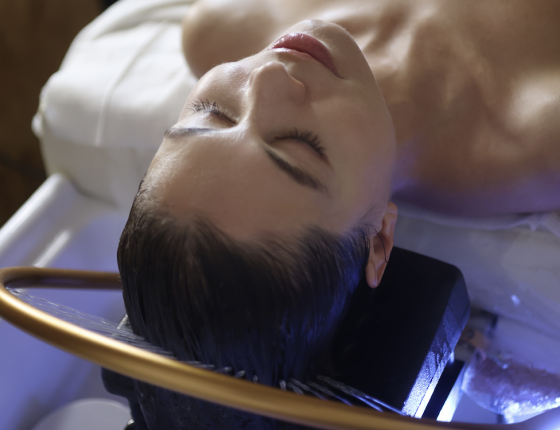
Are Head Spas The New Non-Negotiable Beauty Ritual?

Menopause & Hair Loss: Real Causes of Thinning Hair in Midlife
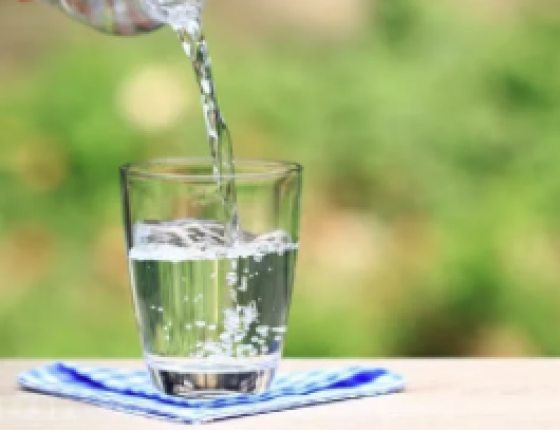
Why I Never Drink Tap Water — And What You Should Know About Contaminants
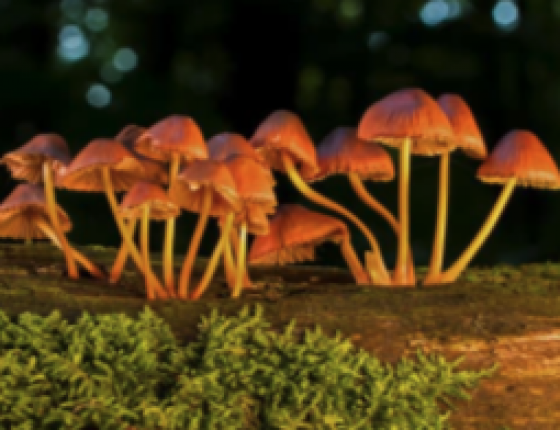
The Standard - Best Reishi supplements for powerful adaptogenic support

Five ways to stay balanced this festive season - Yahoo News

Natural Management of Menopause Part 1: Herbal Remedies

How to Look After Your Skin in Winter

Boosting Immunity Before Your Winter Holidays

The Hair & Scalp Type Guides: Oily, Dry, Dandruff & Hair Loss
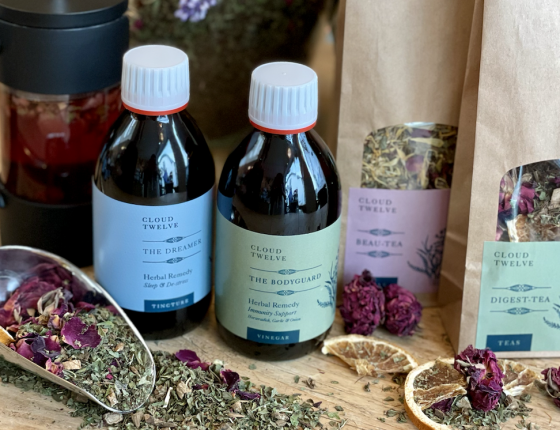
Herbs and Tips for Winter Wellness

Improving Egg Quality and Boosting Fertility for Women in their 40s

Diet for Menopause
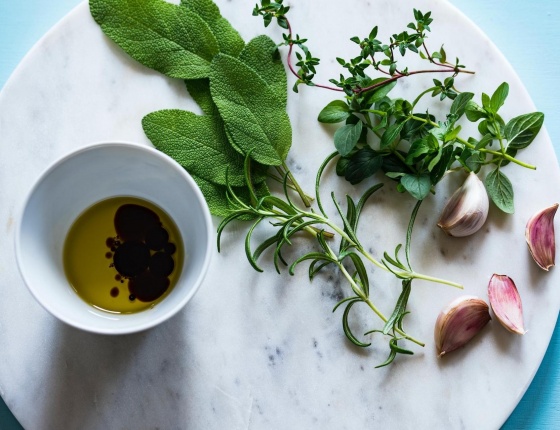
Nature's Cure for Hair Loss: Herbal Remedies That Work

Herbs to Boost Fertility

11 Steps To Detox Your Mind

Nutrition & Lifestyle Habits For An Effective Detox

Top Tips For Staying Healthy During the Party Season
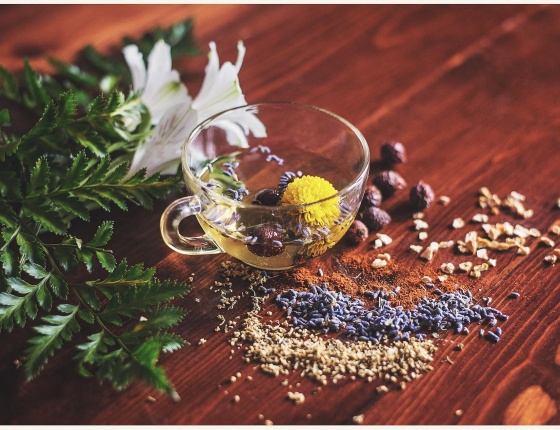
SheerLuxe: Jenya Di Pierro Shares Her Expert Tips To Dealing With Reflux

10 Natural Treatments For Cellulite
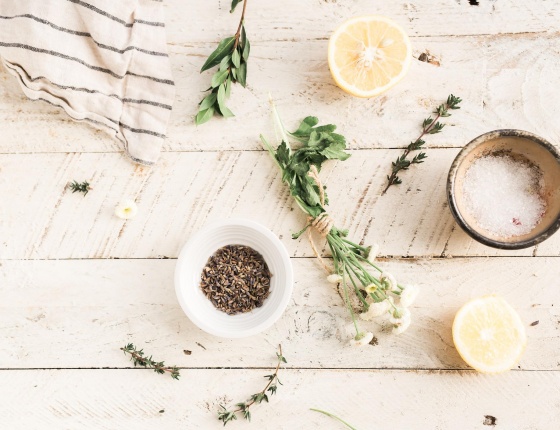
The Best Nutrition Tips For Combatting Cellulite
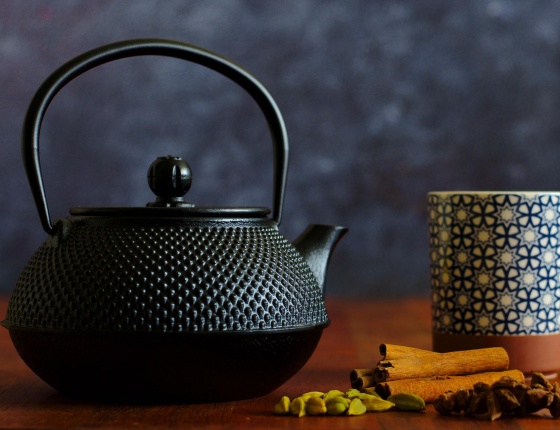
Country & Townhouse: Jenya advises on healing your gut with a little help from the East. How to do an Ayurvedic cleanse

GoodToKnow: Winter blues - 11 ways to deal with seasonal affective disorder, according to experts
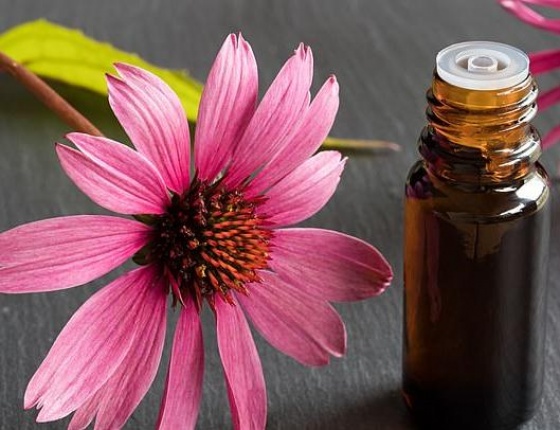
Daily Mail: Could a houseplant help cure YOUR health woes? Experts reveal their surprising healing properties

The Telegraph: Demand for ultra-skilled nannies and kids members' clubs surges post-lockdown

Domus Stay: Jenya Di Pierro on how Cloud Twelve puts wellbeing at the top of the agenda

Wellbeing: Natural remedies and herbs to help recover from vaccine side effects

Wallpaper: Natural remedies for allergy fatigue and other hay fever symptoms
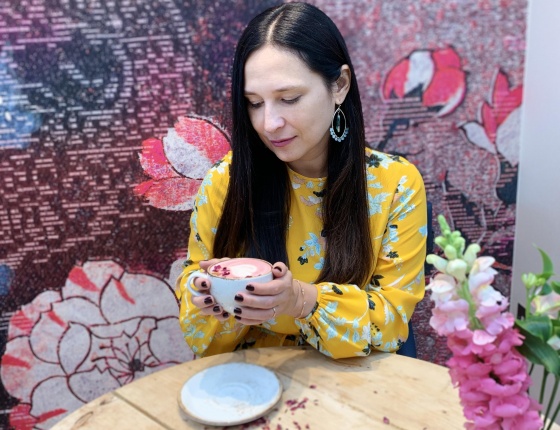
Your Healthy Living: 10 ways to fight the ageing process

OmYoga: The power of plants: 7 healing plants to keep healthy and balanced

Woman & Home: 10 natural cures for insomnia to help end sleepless nights

Harpers Bazaar: Why it's time to reclaim a bespoke approach
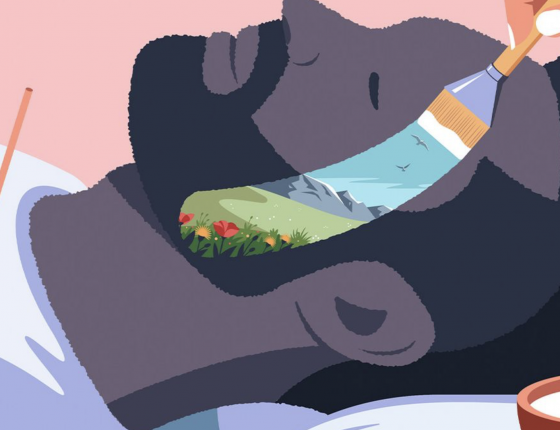
Mr Porter: The Best Holistic And Natural Treatments For Men To Try Now
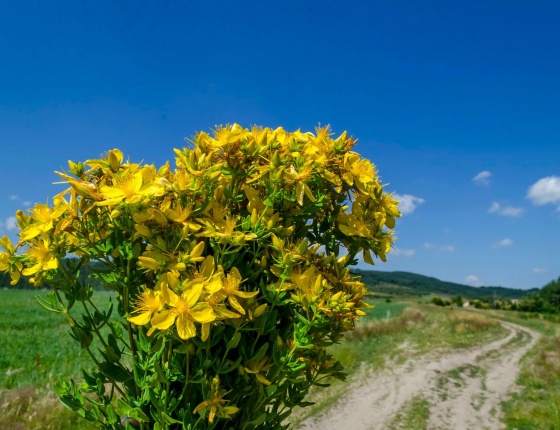
Luxurious Magazine: Herbalist Jenya Di Pierro's top healing plants for a healthy 2022

Metro: Sport recovery is about more than rest days — here are the most effective therapies

Beauty Daily: The top 10 healing plants for a healthy and balanced 2022
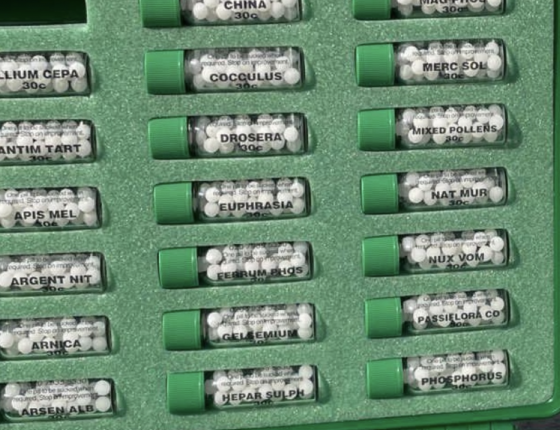
Tips and Hacks for Holiday Health
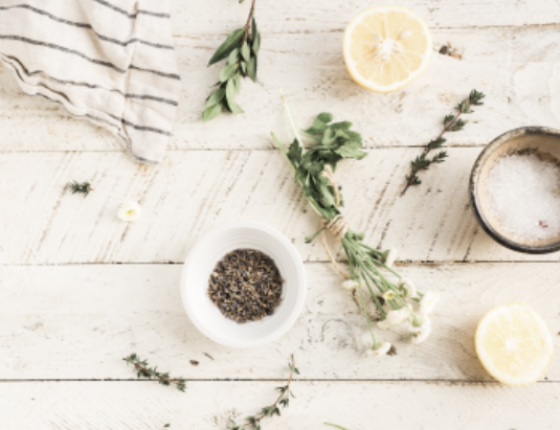
Your guide to Adaptogens

7 Daily Health Habits

13 Healthy Sleep Hygiene Habits
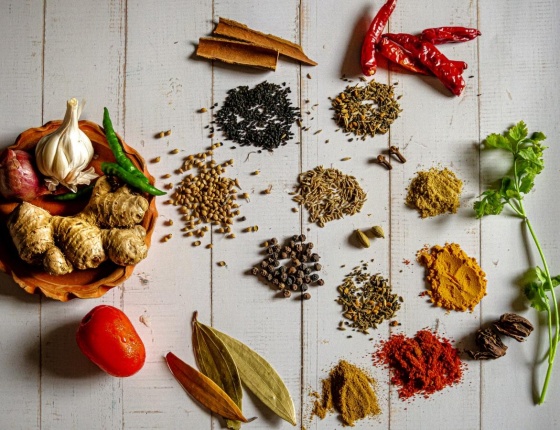
How to boost daily nutrition by adding a few clever ingredients
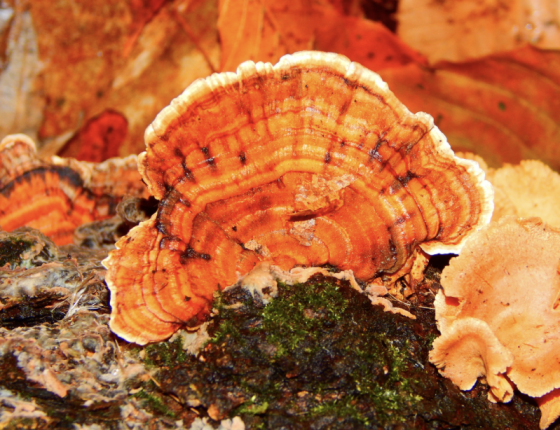
The ultimate guide to Medicinal Mushrooms

Tips on How to Reduce Stress

10 Self Care Tips
